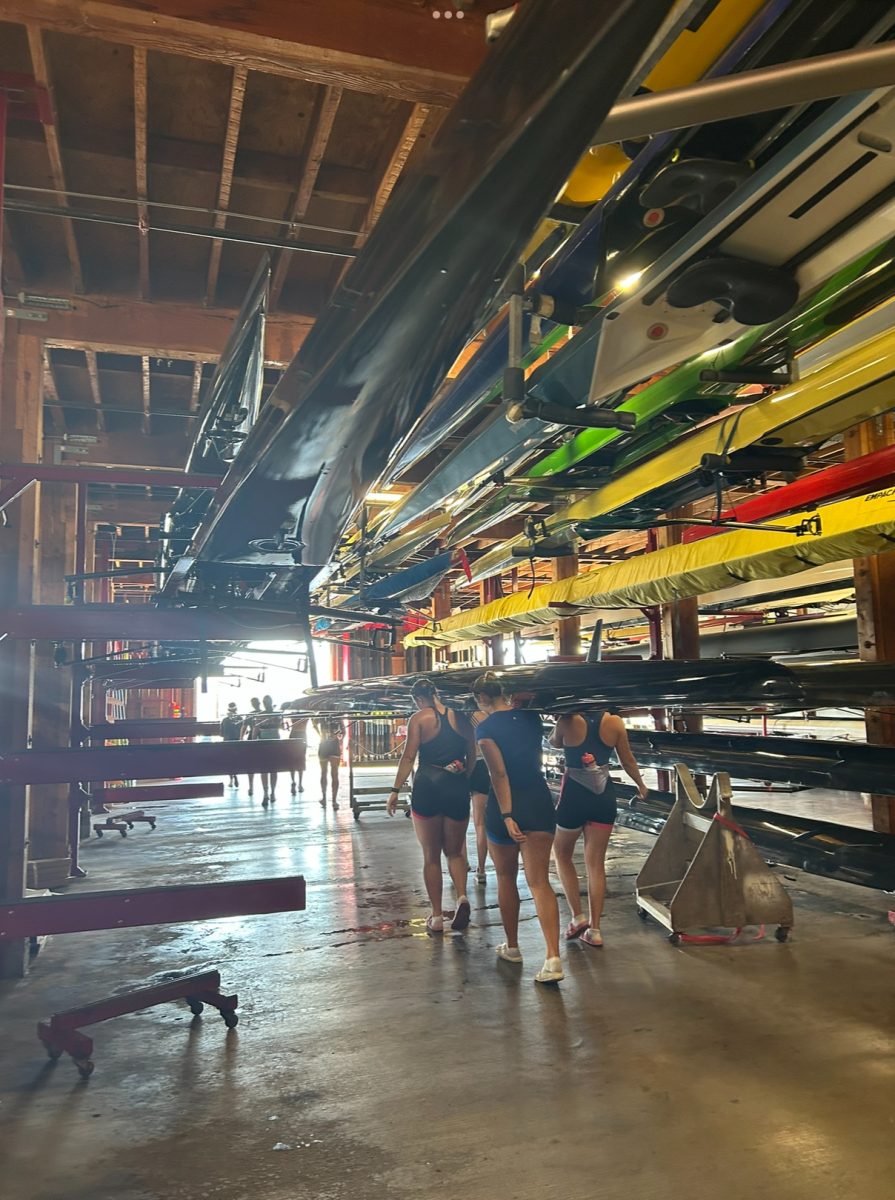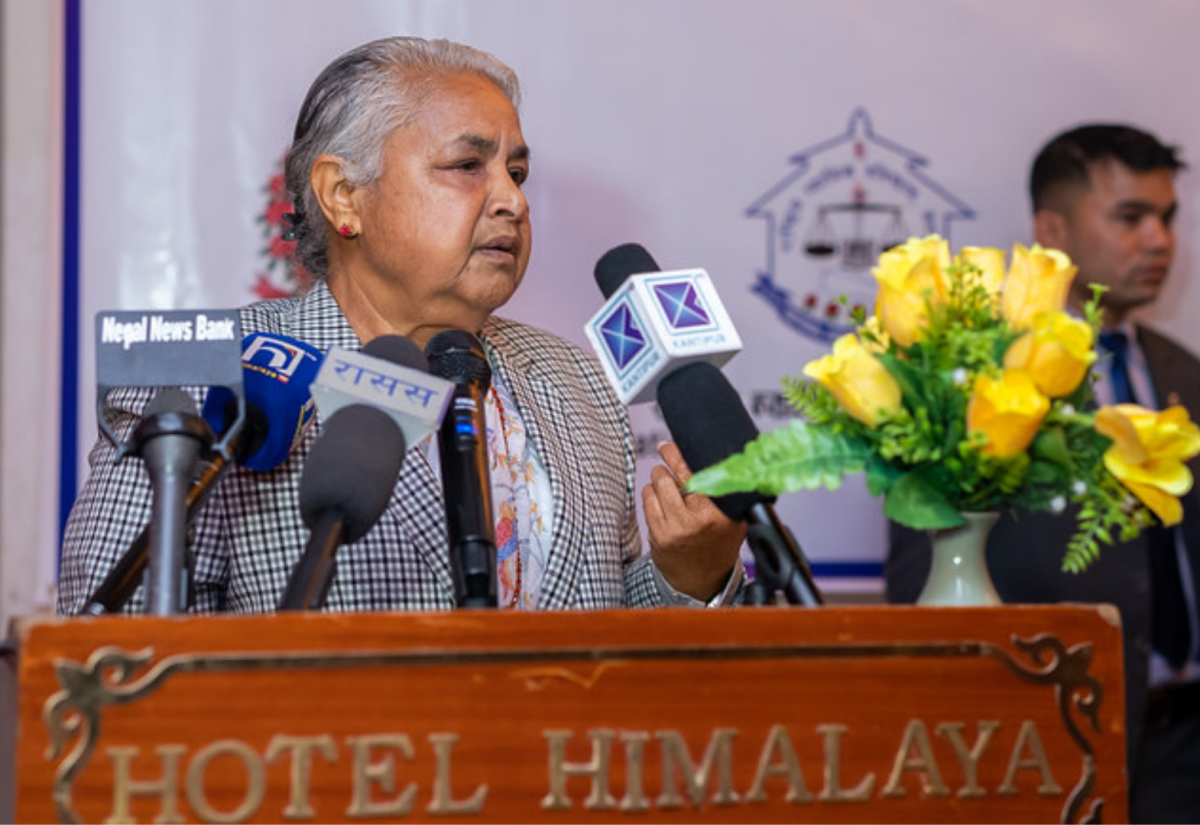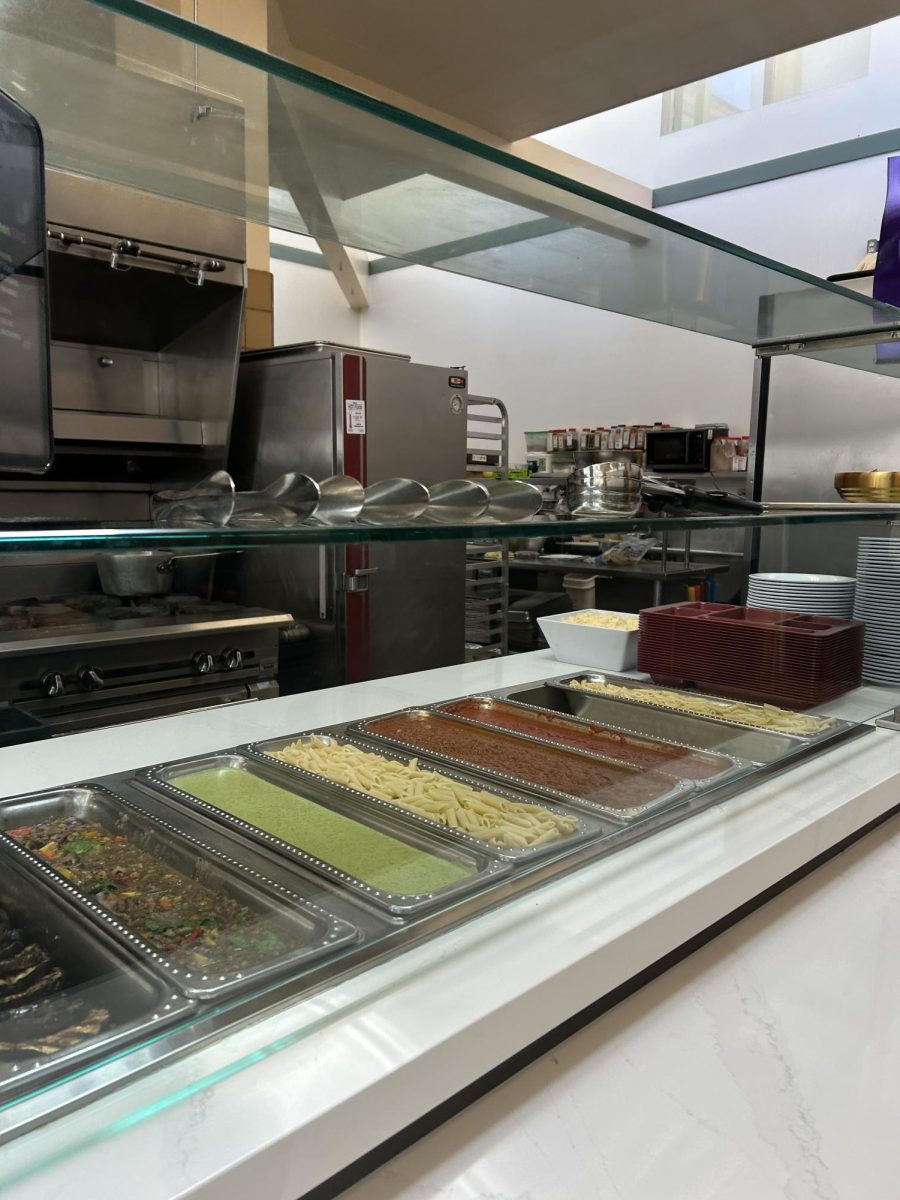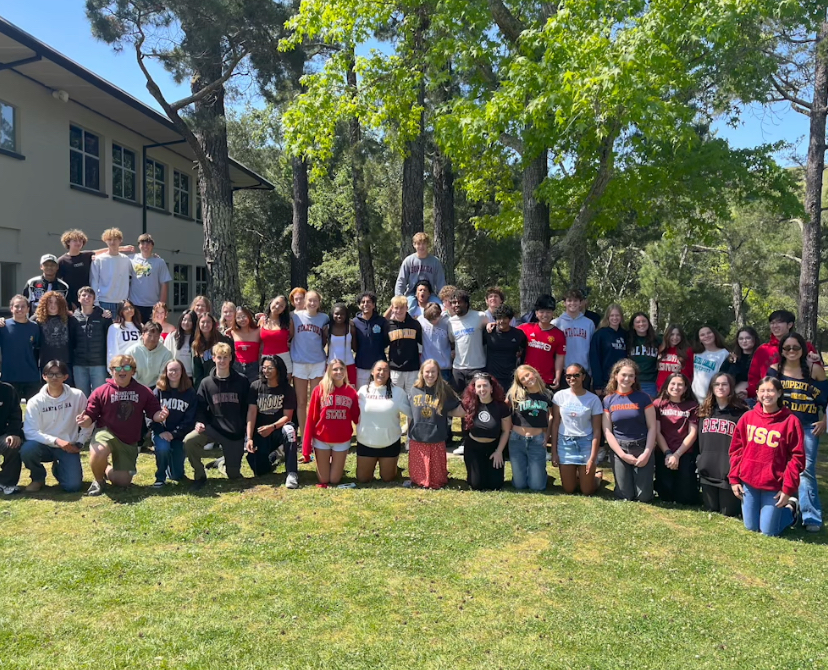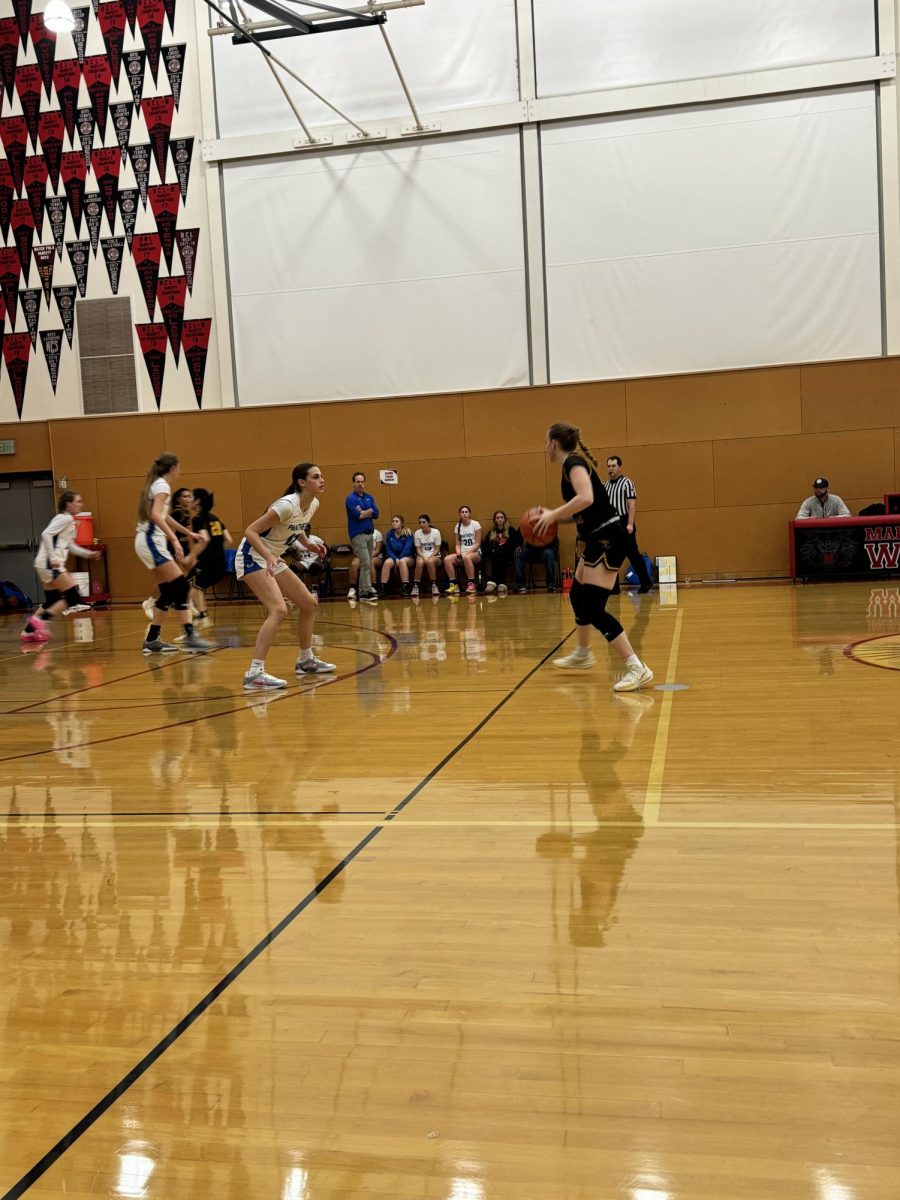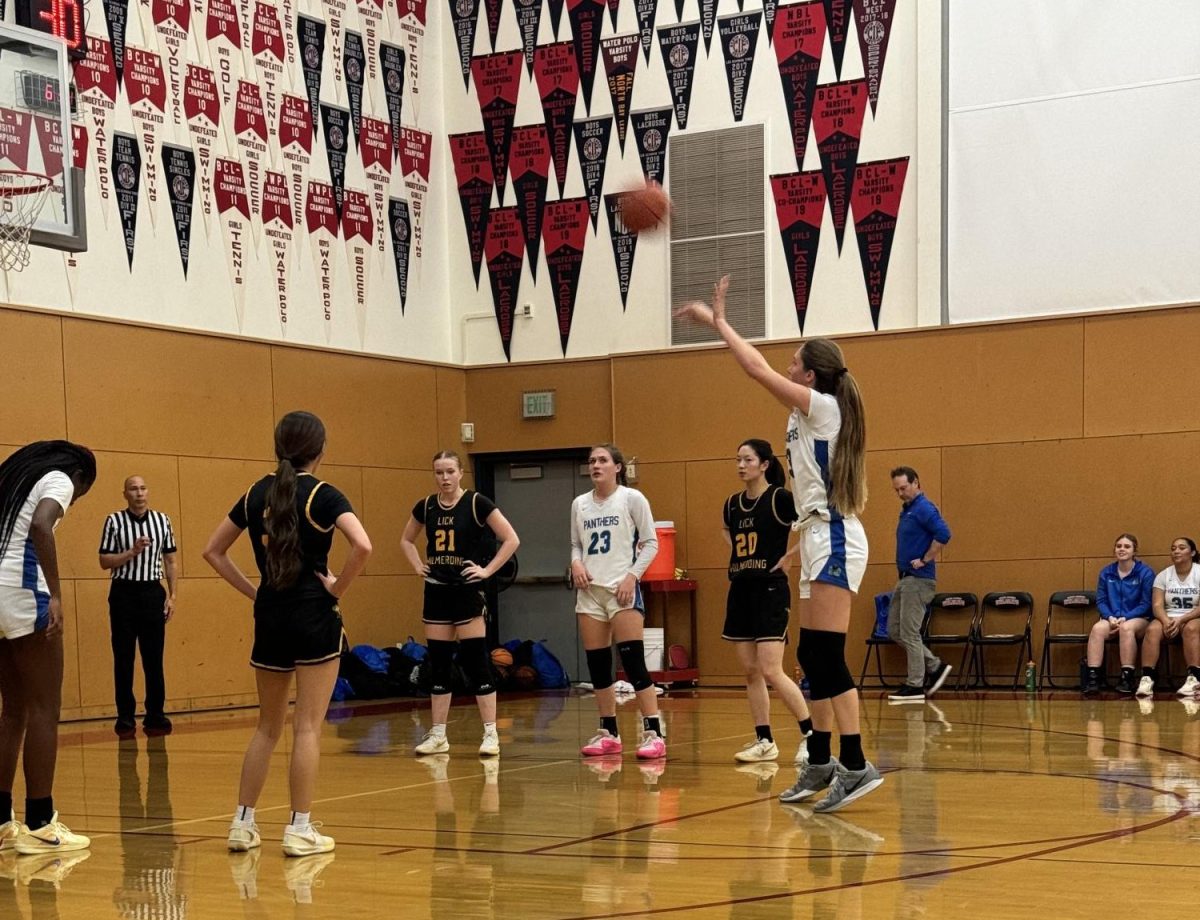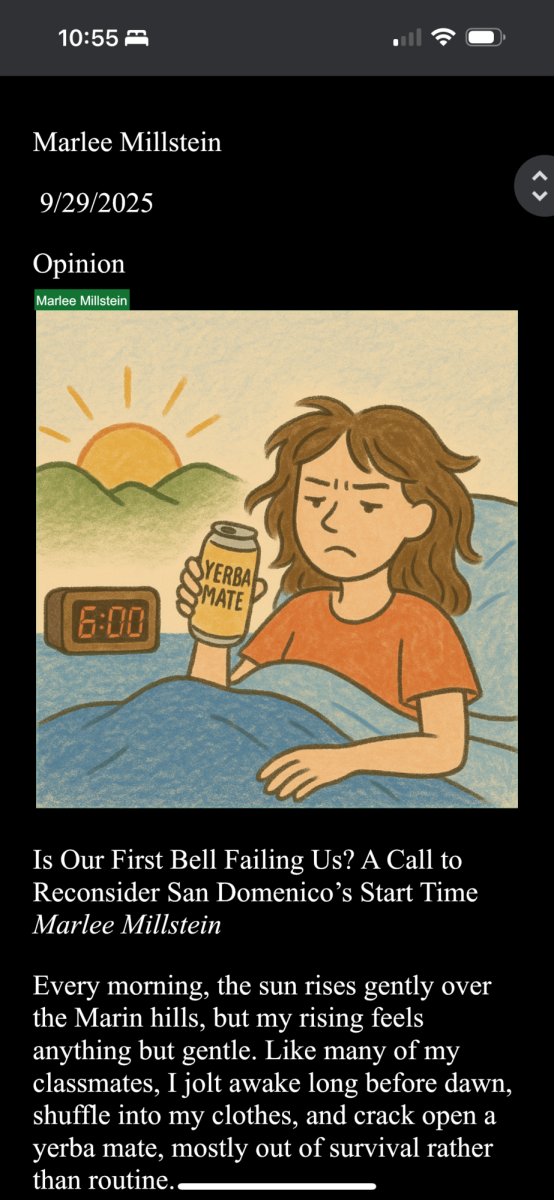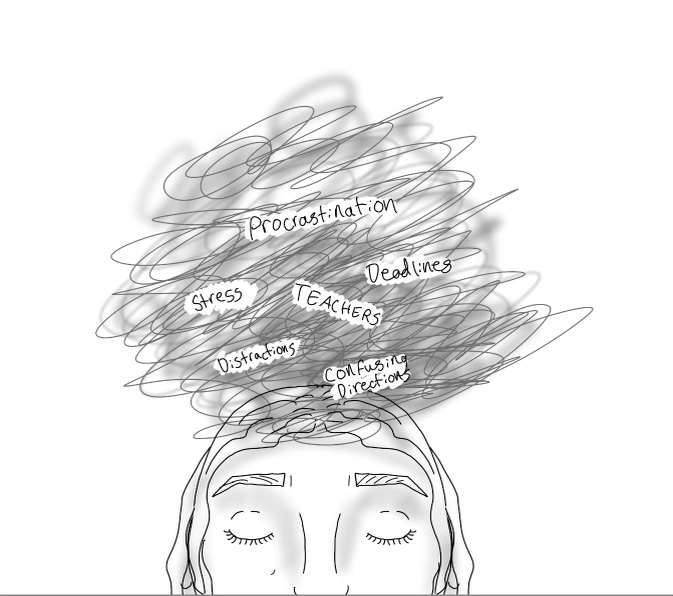Imagine this: You sit down to take a Precalculus test, convinced you’re going to ace it. You’ve been studying since the unit was first introduced and you know the content well. Your teacher hands you the test and immediately the world caves in on you. You find yourself going blank, and your original shield made up of weeks of studying can no longer assist you against this new enemy staring at you in the face. You’ve worked with your learning specialists on this but have not yet come up with a solution. With your sudden forgetfulness, you break down, frantically wondering how you’re going to conquer this beast of a test until you hear, “RING!” The sound of the bell alarms you and your teacher asks for all tests to be handed in. You tell them that you have extra time but your teacher tells you that you had plenty of time in the class period and unfortunately, your battle (that hadn’t even really started) is over. Now, what do you think, should you be allowed that extra time? Or should you have to take the zero and possibly jeopardize your overall grade?
Just so you know, the correct answer is the extra time. Believe it or not, students not being allowed their learning accommodations is more common than you would think. And a common misconception is that our longer blocks of 70 minutes should be enough. Well, newsflash! Sometimes they are not. It’s absolutely impossible to account for the mind blanks, speed of solving problems and any other distractions that may occur during the assessment.
We have wonderful learning specialists here at San Domenico so you would think that there would be more awareness in terms of neurodivergent students and their needs, right? Wrong! Sadly, our learning specialists are often in their offices in the library and are not given spaces in a classroom setting despite classes being where they’re most needed.
Michelle Henry, one of the learning specialists at San Domenico has a background in special education and does her best to help students add “techniques to their toolbox.”
“I work with helping teach them [students] what kind of learner they are and what they can do to just keep becoming a more efficient student, a more successful student,” Henry said.
With that being said, Henry and our other learning specialist, Adam Rosenthal, as well as Caitlin Clark, our Dean of Academics — can only do so much because they are not actively in the classroom, making it really up to the teachers to create a safe and respectful learning environment for all different kinds of learners. And students are often denied their learning accommodations based on how ‘easy’ the material is or the teacher’s awareness of the students’ learning disabilities.
“The teachers are the ones that really bring the curriculum to life,” Clark said. “So in terms of learning differences, it comes down to the teacher’s approach.”
The dedicated learning specialists strive to equip students with effective learning techniques. And while this demonstrates a commitment to fostering success, what’s missing is the crucial element of integration of this awareness into the classroom environment. The responsibility falls on students to create inclusive, respectful spaces that cater to the diverse learning styles and needs of their peers while that shouldn’t be completely the case.
Administrators and learning specialists should be doing classroom visits in order to hold teachers accountable. Only through such collaboration can a truly supportive and adaptive learning environment be established. The voices of neurodivergent students must be heard and their needs acknowledged in order to ensure that the classroom becomes a place where every student has an equal opportunity to succeed. The story serves as a reminder that, in the pursuit of education, understanding and embracing diversity is not just beneficial, it is essential for the overall development of every student.
